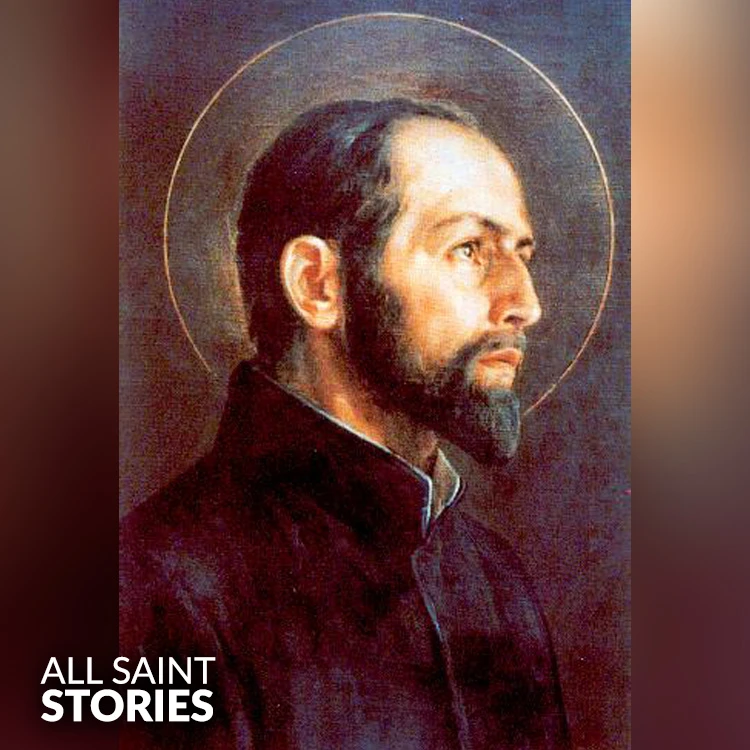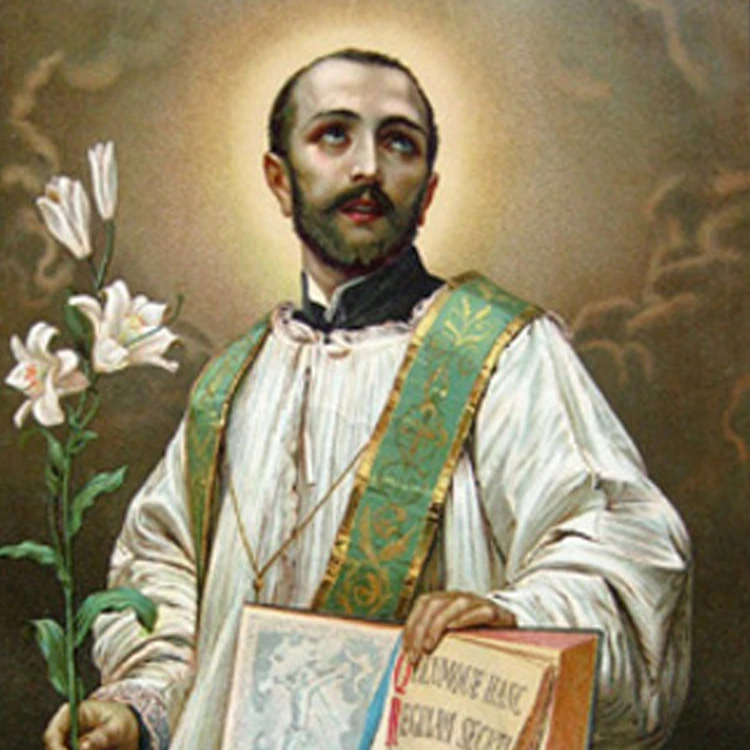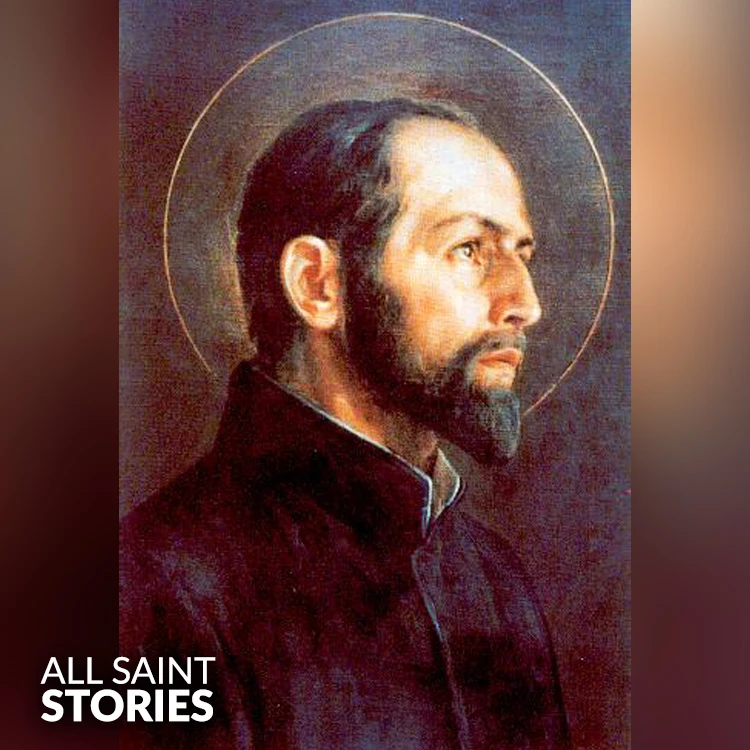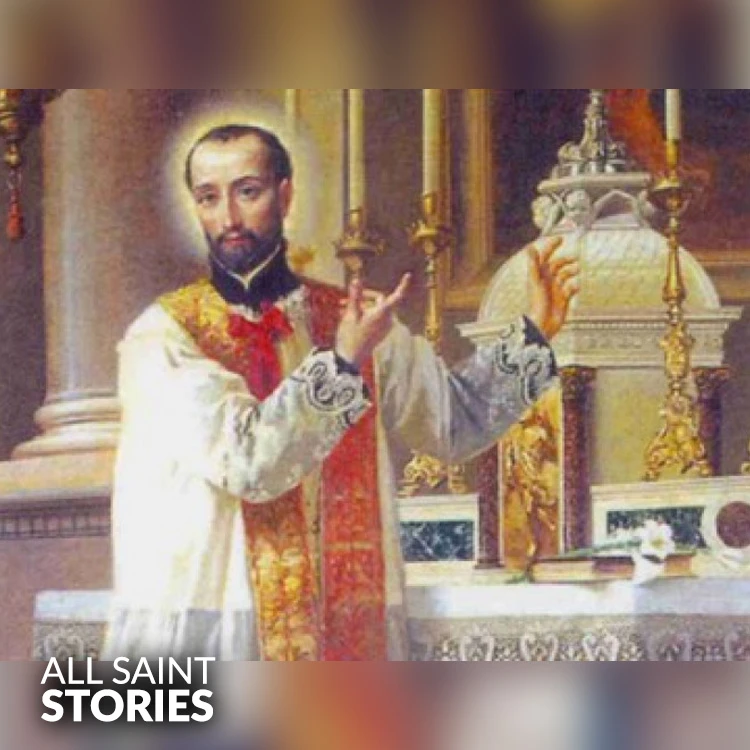Saint Anthony Zaccaria, founder of the Barnabites and the Angelic Sisters of Saint Paul, dedicated his life to serving the poor and promoting devotion to the Eucharist. His feast day is celebrated on July 5.
After attending the cathedral's Episcopal School, he went on to study philosophy at the University of Pavia and medicine at the University of Padua starting in 1520.He returned to Cremona in 1524 to finish his studies and worked as a doctor there for three years.He began his preparation for the priesthood in 1527 and continued his studies in theology in Bologna.
Zaccaria was ordained a priest in Cremona Cathedral's Chapel of Saint Joseph on February 20, 1529.He followed Countess Ludovica Torelli of Guastalla (then the tiny County of Guastalla) to Milan in 1530 after exploring his calling, primarily by working in hospitals and institutions for the poor.He joined the Oratory of Eternal Wisdom there, where he met Giacomo Antonio Morigia and Bartolomeo Ferrari.
The teachings of Paul of Tarsus, with an emphasis on love for the Eucharist and Christ crucified, were the primary focus of their devotions.Others joined them shortly after.They taught the fundamentals of their faith, served as missionaries in city and other parishes, and took care of the sick in hospitals.Zaccaria was preoccupied with preaching on street corners and in churches.He (Milan) in August 1531In honor of Jesus' passion and death, Zaccaria reinstated the Friday tradition of ringing the church bells at 3 p.m.The group persevered despite some opposition to their activities.
Zaccaria moved into a small house near the church of St. Catherine at the Ponte dei Fabbri in 1533 after receiving encouragement from Pope Clement VII. Here, they established their community life.The group was given the name of Paul's companion.He popularized the Forty-hour devotion for the laity, which included preaching and the solemn exposition of the Blessed Sacrament for adoration by faithful, in 1534 at St. Catherine's.In a bull of approval issued in July 1535, Pope Paul III confirms Zaccaria and his group's devotion to Saint Paul.
He developed a fever while on a mission to Guastalla in 1539.His health deteriorated as a result of the severe repentances he performed, and he passed away on July 5, 1539, at the age of 36.His funeral was officiated by Luca di Seriate, a suffragan bishop who had ordained him as a priest.Aristocrats and residents of Cremona and the towns nearby were present.In Milan, he was buried in the San Paolo Convent of the Angelics of Saint Paul, the Barnabites' female branch.Zaccaria specified in his last will and testament that a chapel in his parish, Saint Donato, would be built to commemorate the Conversion of Saint Paul.
He established three religious institutions while he was in Milan:one for men (the Barnabites, also known as the Regular Clerics of Saint Paul);the Angelic Sisters of St. Paul, a branch of uncloistered nuns made up of women;and the Laity of Saint Paul, formerly known as the Married of Saint Paul and sometimes referred to as the Oblates of Saint Paul in North America, a lay congregation for married people.The three foundations met regularly and carried out a variety of apostolic activities together.They started with the clergy and religious to reform a decrepit society.
In 1533, Pope Clement VII gave canonical approval to the "Congregation of the Regular Clerks of St. Paul," also known as the Clerics Regular of St. Paul (the Barnabites).Zaccaria quickly made enemies because the order criticized what they saw as abuses in the Church. As the founder of the order, he was investigated twice for heresy, in 1534 and 1537.He was cleared of both charges.He resigned from his position as General of the Order in 1536 and moved to Vicenza, where he established the Order's second house and reformated two convents.
The Angelic Sisters of St. Paul Pope Paul III issued the Bull, Debitum pastoralis officii, on January 15, 1535, authorizing the Angelic Sisters.Six Angelic Sisters postulants received the habit from Zaccaria on February 27, 1536.On March 4, 1537, Zaccaria appointed Paola Antonia Negri as Mistress of Novices.
Veneration Following his death, the intercession of
Anthony Mary Zaccaria was credited with a number of cures.His uncorrupted body was discovered 27 years after his death.The Church of Saint Barnabas in Milan, Italy, is where his mortal remains are currently buried.On May 27, 1897, Pope Leo XIII made him a saint.He is a physician's patron saint, and his feast day is on July 5.






 English
English
 Italian
Italian
 French
French
 Spanish
Spanish
 Malayalam
Malayalam
 Russian
Russian
 Korean
Korean
 Sinhala
Sinhala
 Japanese
Japanese
 Arabic
Arabic
 Portuguese
Portuguese
 Bantu
Bantu
 Greek
Greek
 German
German
 Dutch
Dutch
 Filipino
Filipino